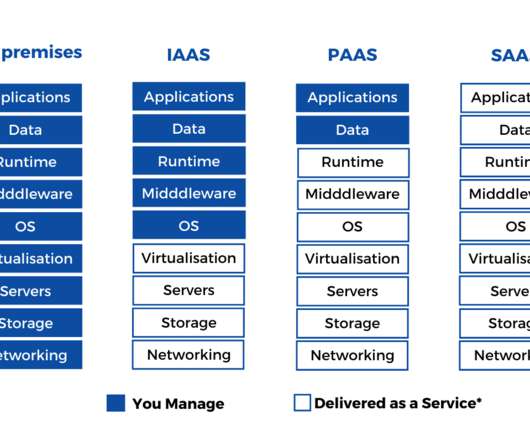How The Cloud Made ‘Data-Driven Culture’ Possible | Part 1
BizAcuity
MAY 10, 2022
History and innovations in recent times. Cloud technology and innovation drives data-driven decision making culture in any organization. It is the epitome of modern technology right now with multi-dimensional innovations shaping every layer. The pandemic gave it the push it needed to accelerate in terms of growth and innovation.












Let's personalize your content